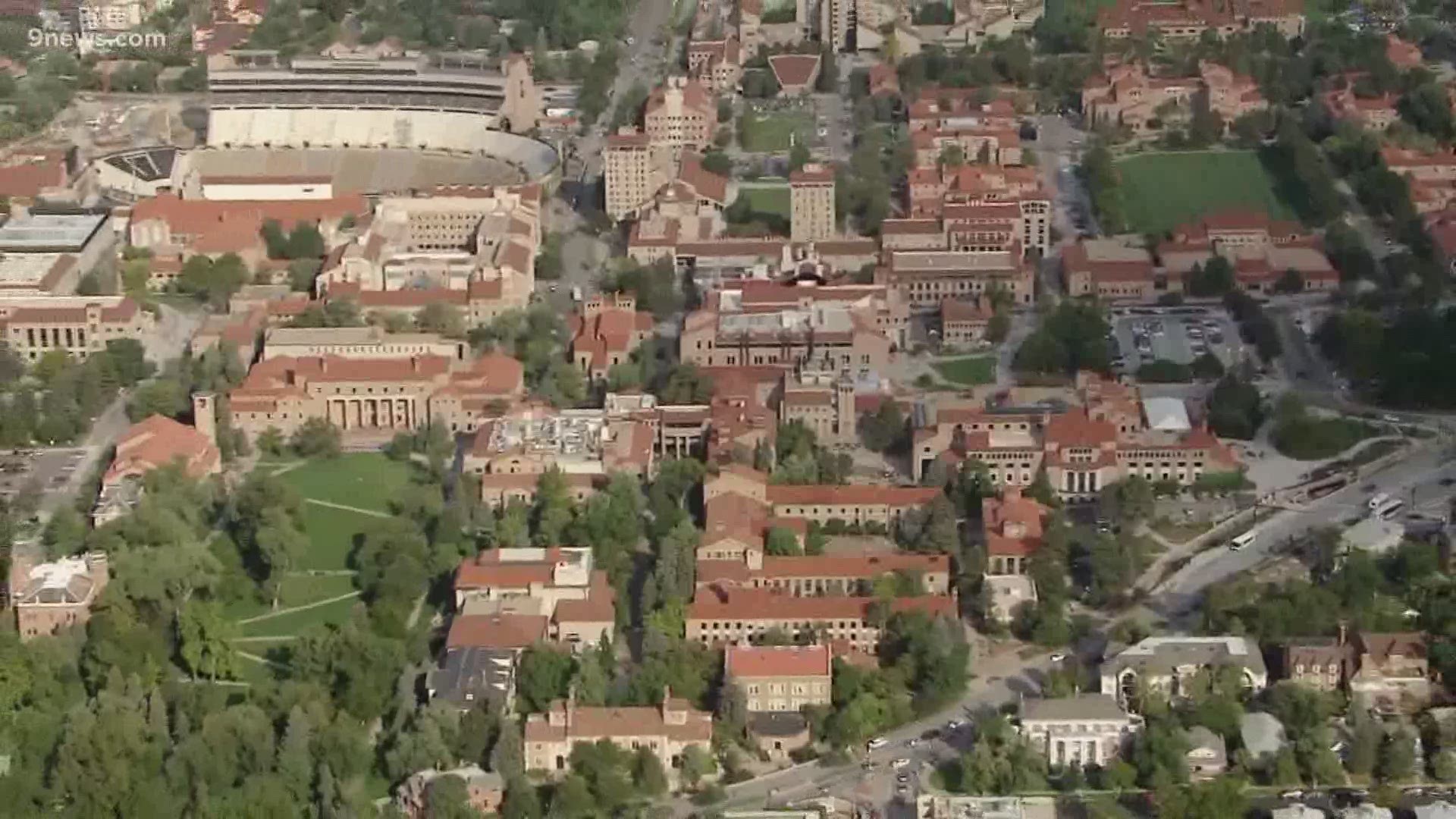COLORADO, USA — After years of law school, it’s almost time for hundreds of graduates in Colorado to take the bar exam, but many now don’t feel safe sitting down for the test in the midst of a pandemic, so they're asking for an alternative to the traditional bar exam.
"These unprecedented times really do call for these unprecedented solutions," said Andrew Shulman, a recent graduate from the University of Denver Sturm College of Law. "There’s the personal concern of us getting sick and the concern of us infecting the community, infecting our families."
A petition started by law students at the University of Denver (DU) and the University of Colorado (CU) asks the Colorado Supreme Court to consider an alternative to gathering hundreds of recent graduates indoors for two days to take a test that will give them their legal licenses.
The petition now has more than 1,200 signatures.
>>Watch the video above about a U.S. district court judge is helping first-generation college students get to law school.
A small handful of states around the country, including Utah and Washington, have allowed students to have "diploma privilege," meaning law school graduates from certain universities can practice law before taking the bar exam.
Colorado does not currently allow diploma privilege.
The Colorado Office of Attorney Admissions and the state Supreme Court released guidelines they say will keep students taking the exam safe. They include social distancing, requiring everyone to wear masks and temperature checks before entering.
While a small handful of states have waived the need for graduates to take the bar exam before obtaining their legal licenses, Colorado maintains it ensures all lawyers are competent.
"We are very sympathetic to the stresses being experienced by those studying for the bar exam, which are high even in an ordinary year, and of course this is no ordinary year," wrote Jessica Yates in a statement to 9NEWS.
Yates is the attorney regulation counsel for the Colorado Supreme Court.
"We also are cognizant of our obligation to ensure that our licensed attorneys have basic competencies that would allow them to do the things we trust attorneys to do – such as defending an accused in a criminal case, helping someone with their child custody proceedings, or drafting a will. Accordingly, as with most states and most other professions, we are proceeding with a licensure exam. We've worked hard with state and local public health officials over the past two months to develop detailed plans to minimize risks associated with COVID-19, and we continue to dialogue with them about the best path forward."
For graduates like Nadiah Bierwirth, the need to start working outweighs anything else. The recent DU law graduate said she took out loans for law school and prepared for the exam.
"If I am unable to practice I will be unable to support myself," said Bierwirth. "I cannot financially afford not to take it. I will absolutely have to take it and take on the risks that will come."
The deans of the CU and DU law schools released a joint statement addressing the student’s concerns about safety. They say the schools are working with bar authorities to find a safe and fair way to get students the legal licenses they need.
"We have shared with bar authorities concerns about the July exam expressed by graduates and have explored (1) an adjustment to the passing (“cut”) score applicable to the July 2020 bar and (2) the enactment of a temporary diploma privilege option, as recently adopted in Oregon, Utah and Washington. Throughout, we have highlighted the unprecedented challenges faced by this summer’s bar-takers – and the fact that those challenges are borne differentially, depending on personal circumstances," the statement read in-part.
Recent DU law graduate Christopher Coleman has decided taking the test isn’t worth potentially getting sick and infecting his family. For now, he’ll sit out the exam scheduled for the end of July.
"I have a son who is at-risk. He has asthma bad enough to put him in Children’s Hospital here in Colorado," said Coleman. "I cannot afford a hospital bill or the risk of him being sick and hospitalized. I can’t do that."
SUGGESTED VIDEOS | Local stories from 9NEWS

